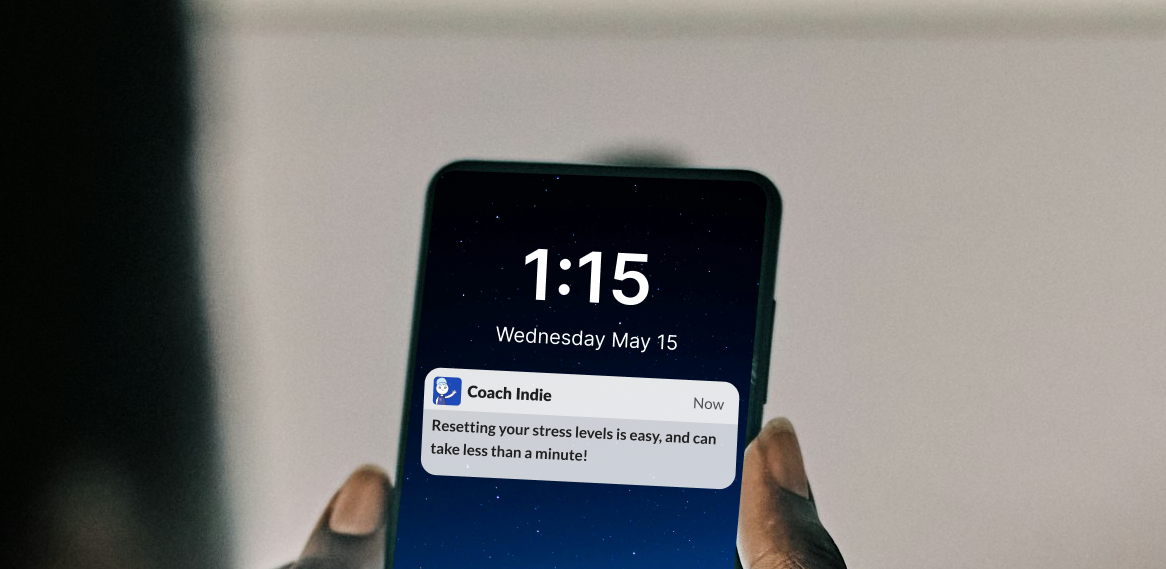Ever have days where you feel like you’ve lost your spark? Days where you feel flat or just can’t find the joy you usually do? You’re probably suffering from emotional fatigue. It’s no wonder, given all we’ve been through with the coronavirus pandemic.
The good news is, by adopting self-care habits and activities, you can refill your emotional energy tank and improve your mental resilience in times of uncertainty.
Here we go!
Start your day well
Set the tone for the rest of your day by starting the best way you can. Get up early, make the bed, do some exercise, meditate, eat a healthy breakfast, spend time with family, do a little dance, read an uplifting book, write your to-do list the night before.
As your improved morning routine becomes habit, the tasks of the day become less daunting, your to-do lists get ticked off, your sense of accomplishment lifts you up, and your spark begins to return.
And, if you’re up for a challenge, leave your phone on airplane mode for the first hour of the day.
Meditate for 10 min each day
Studies have shown that meditation not only reduces stress and anxiety, but also increases one’s sense of hope - perfect for times of uncertainty. Meditation has a positive effect on your entire nervous system by reducing your body’s production of cortisol (stress hormone).
Meditating for as little as 10 minutes each day can help you refocus, and bring a sense of calm to your life to help restore your emotional energy.
Laugh

Laughing helps reduce cortisol levels in your brain, releases endorphins and increases blood flow. It makes you feel happier even after you’ve stopped laughing.
Go read or watch something funny, or hang out with people who make you happy. Fill up on laughter, and use it to make yourself and others smile. Laughter is best shared with others!
Sleep
Sleep is vital for good physical and mental health. Good sleep habits can help you better process information, make effective decisions, and regulate your emotions. As essential as sleep is for recharging you emotionally, it cannot be forced. The key is to create the right conditions and adopt habits to help you be calm and relaxed when sleep time is near.
Some tips include keeping your bed for sleep, eating a healthy diet, exercising regularly, avoiding screen time before bed (put the phone away!), and sticking to a routine.
Practice gratitude
If you’re feeling like your bucket is empty, fill it with gratitude. Research shows that grateful people are happier, healthier, and enjoy a better quality of life. Write three things you’re grateful for each day in a journal, or have everyone share what they’re grateful for around the dinner table to encourage gratitude in your household.
When it comes to work, thanking your colleagues goes a long way to making them feel valued and creating a culture of gratitude in your team. This helps lift everyone together - including yourself.
Prioritise yourself

Sometimes, you just need to put yourself first. Not looking after yourself makes it harder to look after others - family, friends, colleagues/employees. It’s the case of fitting your own oxygen mask first. It’s not selfish, it’s ensuring you can put your best foot forward to help others.
This can be hard with family, especially during times of crisis. Start with small goals - like reading a book for 15 min before bed each night, picking a fun family activity that brings you joy, or scheduling a Sunday sleep in - even for an hour!
Limit your exposure to daily stressors
Take note of things that make you anxious day to day. Then limit your exposure to them. If news coverage is stressing you out, turn off notifications, and check a trusted source every couple of days. If emails feel like too much, block out some time each day to check and respond to them. If someone needs you immediately, they’ll call.
As for social media, ask yourself, “what’s the worst that could happen if I didn’t check my notifications right now?” Then act accordingly… The same goes for menial tasks.
Stop worrying and take action
Worrying will only add to your stress. If something is really worrying you, chances are it’s linked to something you care about - family, livelihood, friends? Take your negative stress energy and channel it to create a positive outcome for the underlying care or value behind your stress.
You may not be able to control the source of your stress, but you can control how you react to it. Make it a positive, helpful reaction.
Final thoughts
It’s hard to see a clear path forward when you’re running on empty, so it’s important to just take it one step at a time. As beneficial as the above ideas are, trying them all at once may add to your overwhelm. Instead, try adopting a few at a time.
Once they’ve become a habit, and you're feeling a bit better, try some more. They won’t eliminate stress from your life completely, but they will help you improve your emotional resilience and, hopefully, find more joy in your life.
Understand and measure your stress in real-time with Indie by Pioneera.






